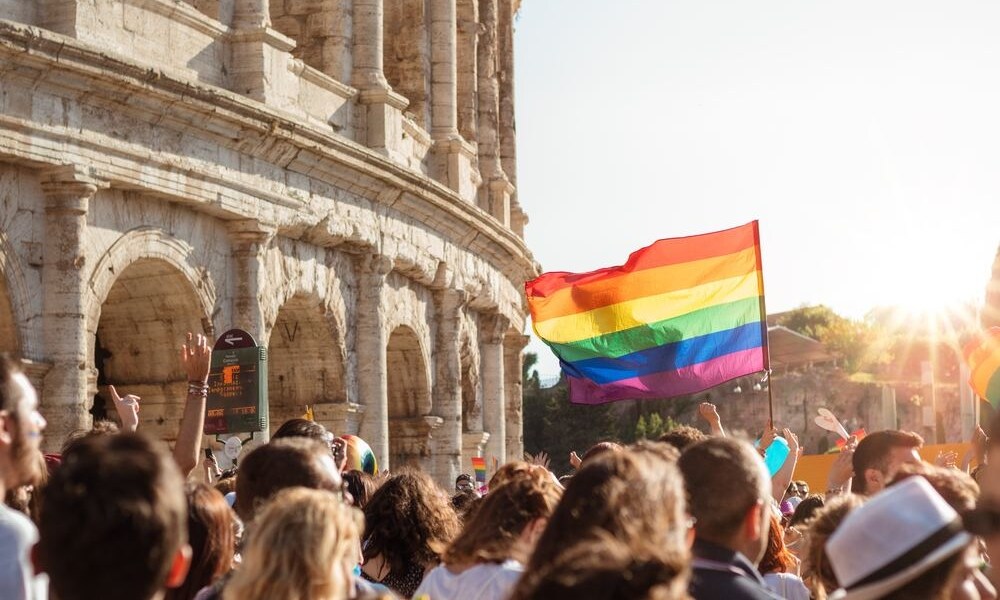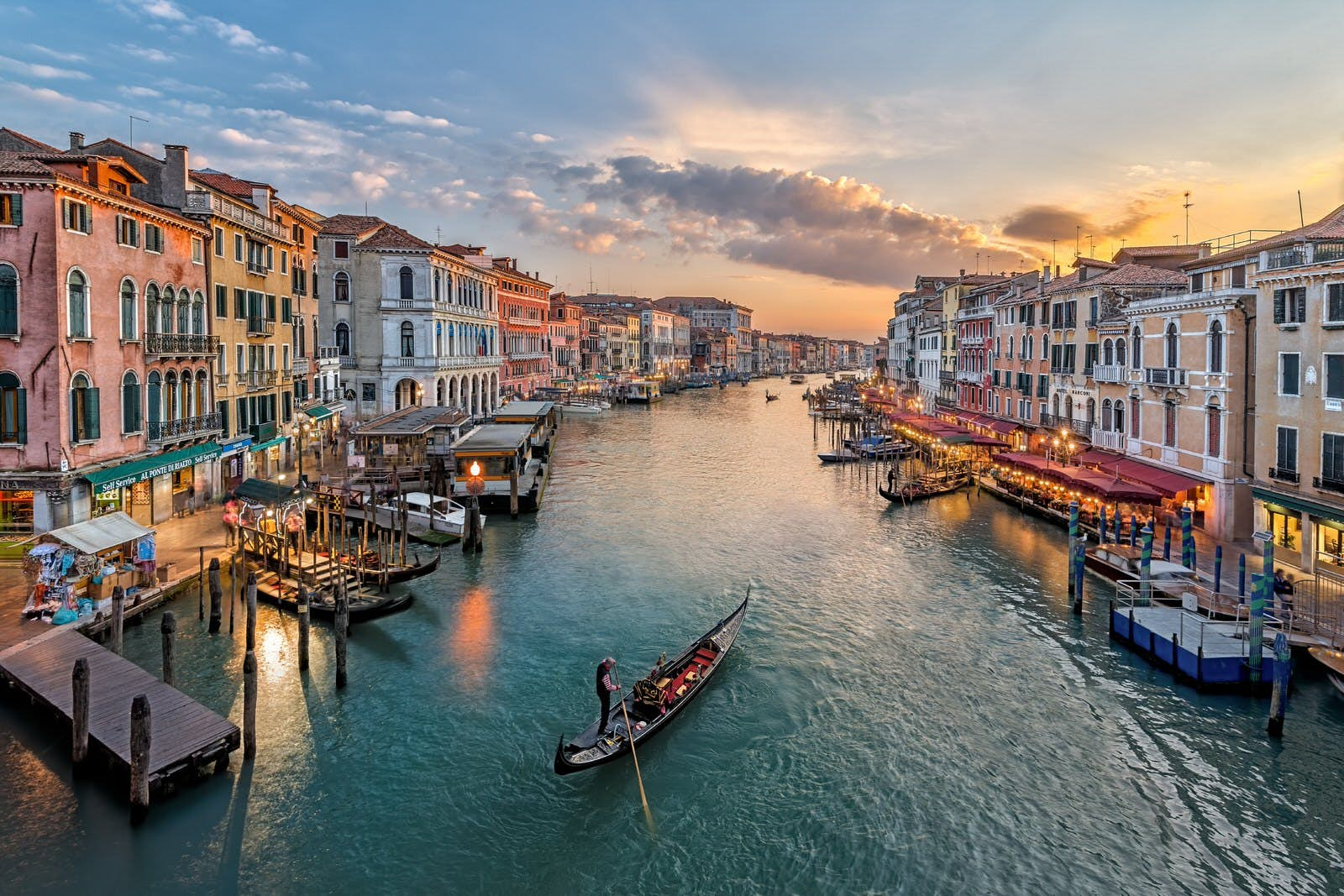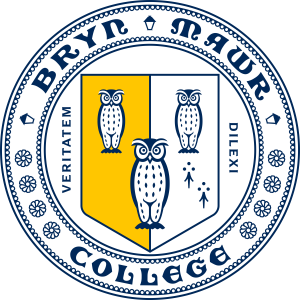- Instructor of record: Roberta Ricci

Thompson Fullilove's scholarship will be the theoretical foundation of this survey of 20th-century topics, from literary representations of mental health to the displacement of marginalized communities, from historical persecution in Europe to contemporary domestic violence in Italy. The main goal of the seminar will be to challenge the rhetoric of 'otherness', 'encounters', 'marginalization', 'anti-canon', and 'exoticism' that is typical of broader readings of Italy's modern traditions, adopting Thompson Fullilove's inter-sectional and trans-historical paradigms to re-imagine Italian Studies, to center the gender gap, and overcome the stigma of mental illness and madness. Rooted in the perspectives of trans-codification, trans-historical tradition, and cultural translation, this course attempts to address such questions both in theory and practice using Freudian literary criticism (The interpretation of Dreams, 1899; The Uncanny, 1919; Beyond the Pleasure Principle, 1920; The Ego and the Id, 1923; Civilization and its Discontents, 1930). We will devote our analysis and discussion to primary sources, and then we will organize a scholarly (and creative) workshop. Tailored activities related to social activism (Praxis) will also fulfill the course requirements. A guest speaker for each day of class will further expand the scope of the course and will be invited to let students have a close contact with scholars, writers and activists involved with these compelling issues. We will organize a visit to the Eastern State Penitentiary in Philadelphia. Revolutionary for its time, this carceral facility responded to a new understanding of the role of prisons as places of penance and redemption rather than simply exclusion and punishment. Today, the Eastern State Penitentiary is a museum that hosts a permanent collection and rotating exhibitions of artwork that reflects on prisons and incarceration, as well as a historic exhibition that takes visitors on a tour of the institution. The visit will help students explore the ways in which theories of punishment are embodied in architectural forms and structures, while engaging with the work of activists and artists who expose the injustice embedded in the criminal legal system. Prerequisite: 200 level course or permission of instructor.
- Instructor of record: Roberta Ricci
- Instructor of record: Luca Zipoli
- Instructor of record: Daria Bozzato
Which Italian Are We Speaking? Language, Identity, and Gender Today
This is a conversation course that expands on the skills acquired in the Italian language sequence and offers a transition to upper-division literature courses. By introducing students to contemporary culture and society through key themes such as evolving political and regional identities, feminism and the patriarchal system, new fascism and populism, migration and racism, violence and corruption (mafia), queer family and right-wing government, the course will examine the linguistic history of Italy. What we call the Italian language today is only one variant among many languages spoken within the peninsula, including dialects that continue to have a significant cultural role in artistic production. Moreover, because of the recent increase in immigration, there is a large number of speakers of other languages living in Italy today. An awareness of this linguistic diversity is essential to communicate effectively. This course is intended to expand active use of Italian (which Italian?) and to refine communication, reading, and writing strategies.
This is a conversation course that expands on the skills acquired in the Italian language sequence and offers a transition to upper-division literature courses. By introducing students to contemporary culture and society through key themes such as evolving political and regional identities, feminism and the patriarchal system, new fascism and populism, migration and racism, violence and corruption (mafia), queer family and right-wing government, the course will examine the linguistic history of Italy. What we call the Italian language today is only one variant among many languages spoken within the peninsula, including dialects that continue to have a significant cultural role in artistic production. Moreover, because of the recent increase in immigration, there is a large number of speakers of other languages living in Italy today. An awareness of this linguistic diversity is essential to communicate effectively. This course is intended to expand active use of Italian (which Italian?) and to refine communication, reading, and writing strategies.
- Instructor of record: Roberta Ricci

This course is the first half of a two-semester sequence and provides students with a broader basis for learning to communicate effectively, accurately, and comfortably in an Italian-speaking environment. This course builds on the students' existing skills in Italian, increases their confidence and their ability to read, write, speak, understand the language, and introduces them to more refined lexical terms, more complex grammatical structures, and more challenging cultural material. While the principal aspect of the course is to further develop language abilities, the course also imparts a foundation for the understanding of modern and contemporary Italy. Students will be exposed to newspaper and magazine articles, literary and cinematic texts, Italian songs and internet materials which will facilitate a transition towards content courses. By the end of the first semester, students will have gained an appreciation for many aspects of Italian culture in its broad spectrum and will be able to communicate orally and in writing about a wide variety of topics.
- Instructor of record: Luca Zipoli

- Instructor of record: Giulio Genovese
- Other editing teacher: Ava Blumer

- Instructor of record: Giulio Genovese
- Other editing teacher: Ava Blumer
